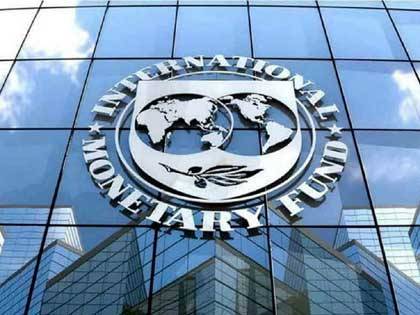Fund seeks increase in foreign exchange reserves to $16.2b by June 30, cut in power subsidy, development and current budgets, introduction of mini budget to control deficit.
ISLAMABAD - The policy-level talks between Pakistan and International Monetary Fund (IMF) started here on Tuesday as the Fund’s visiting delegation is setting tough conditions for Islamabad to revive the much needed loan programme.
Both the sides are working to finalize a memorandum of economic and financial policies (MEFP) by this Thursday. However, the government would have to accept tough conditions of the IMF to revive the loan programme. The IMF has recommended enhancing the foreign exchange reserves, reducing power subsidy, slashing development and current budgets as well as introducing mini budget to control the soaring budget deficit of the country in the ongoing financial year.
According to an official, main issues on which the government is hesitating are massive increase in power tariff, enhancing standard rate of General Sales Tax and imposing GST on oil products. However, he was of the view that things would be finalize in next couple of days.
Power sector and primary balance remained major issues between the two sides uring the technical-level talks. The ongoing policy-level discussions would determine the revenue gap as well as with respect to tariff increase. According to the officials, the IMF was displeased over providing subsidy to export-oriented sectors and wanted the government to withdraw it and sought an increase in general sales tax i.e. from 17 percent to 18 percent in view of the revenue shortfall. The IMF has asked the government to fulfil the commitment to build the foreign exchange reserves by $16.2 billion by the end of current fiscal year and disclosing the sources of foreign inflows. According to the IMF, the government must immediately remove import restrictions. Meanwhile, the government would require around 4 billion dollars to open LCs. On the fiscal front, the Fund is asking to slash the development and current budgets to control the budget deficit. It has asked to release only Rs400 billion for the development budget out of allocated Rs727 billion for the current fiscal year. According to the IMF, the budget deficit would be much higher if the government does not control the budget deficit.






